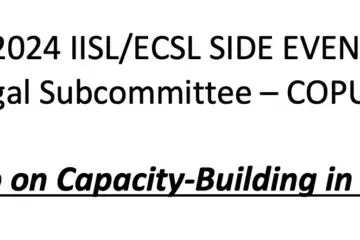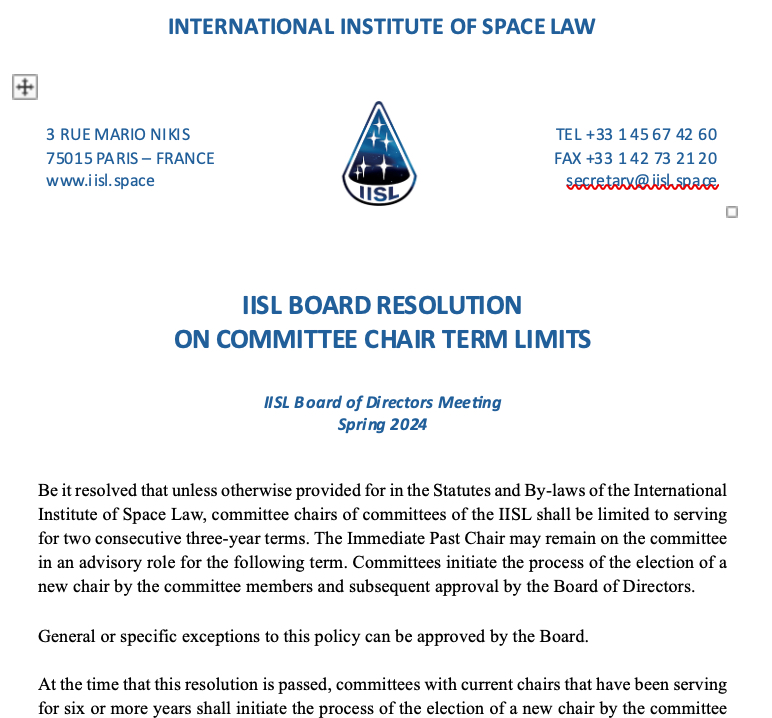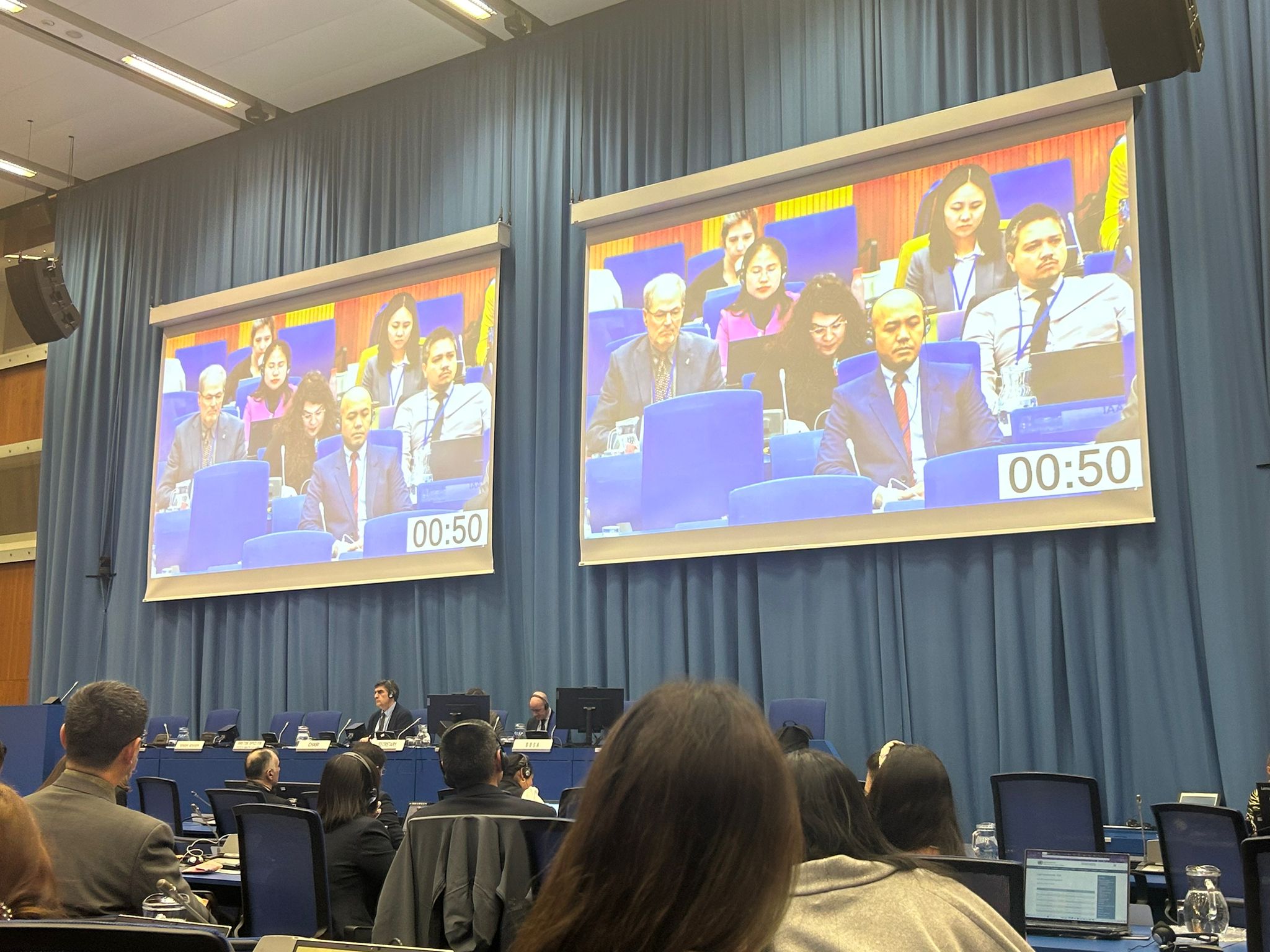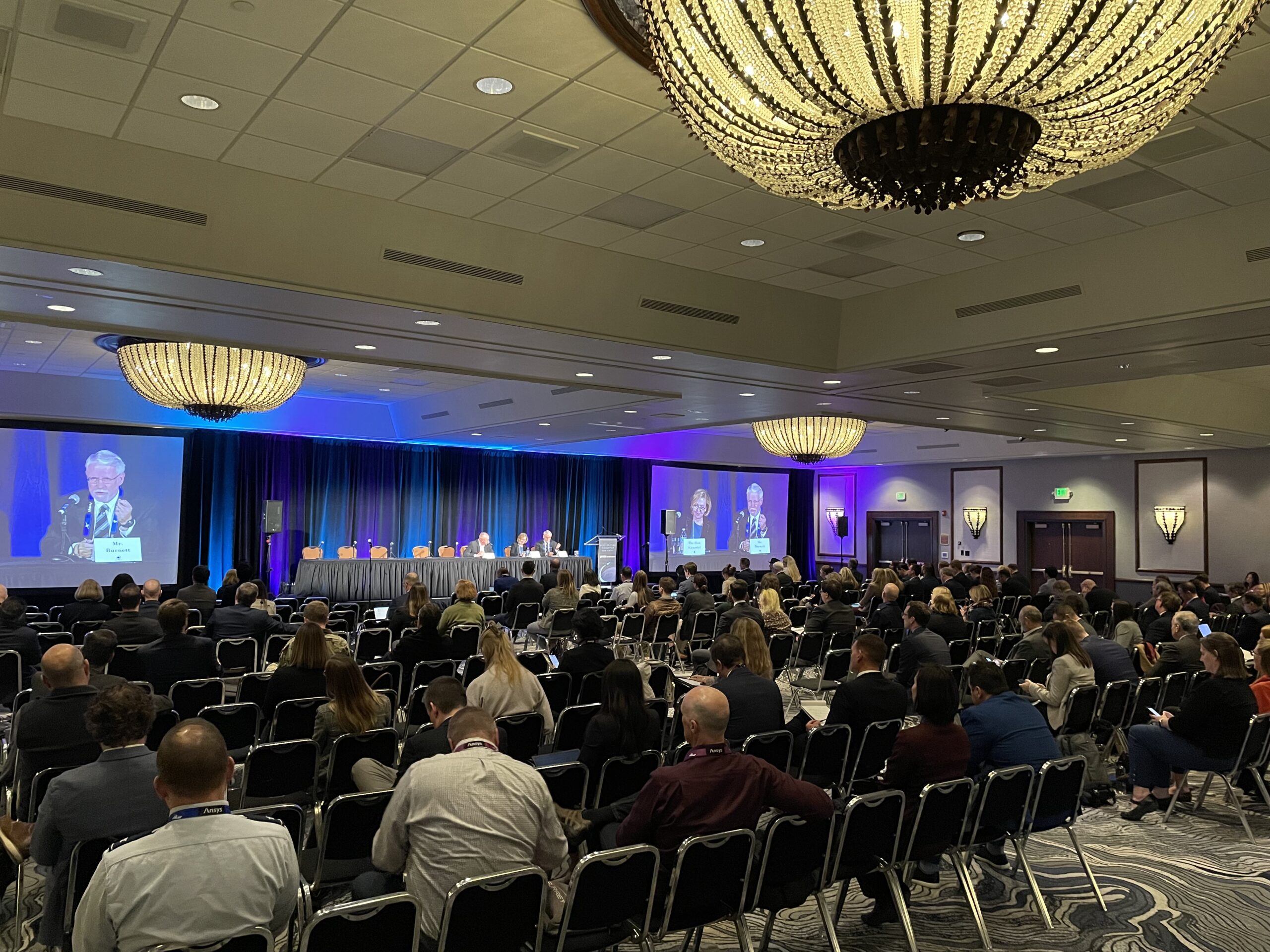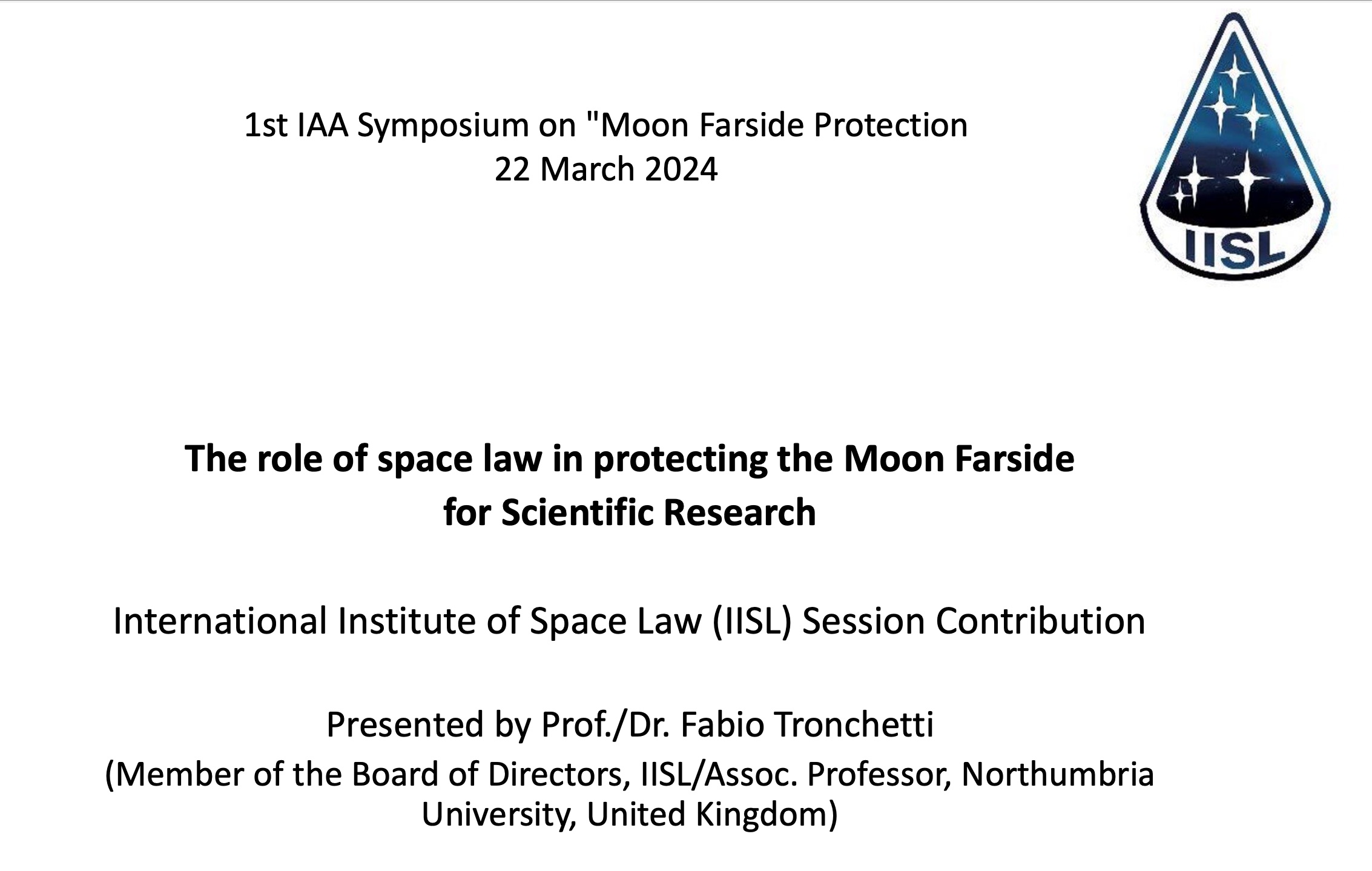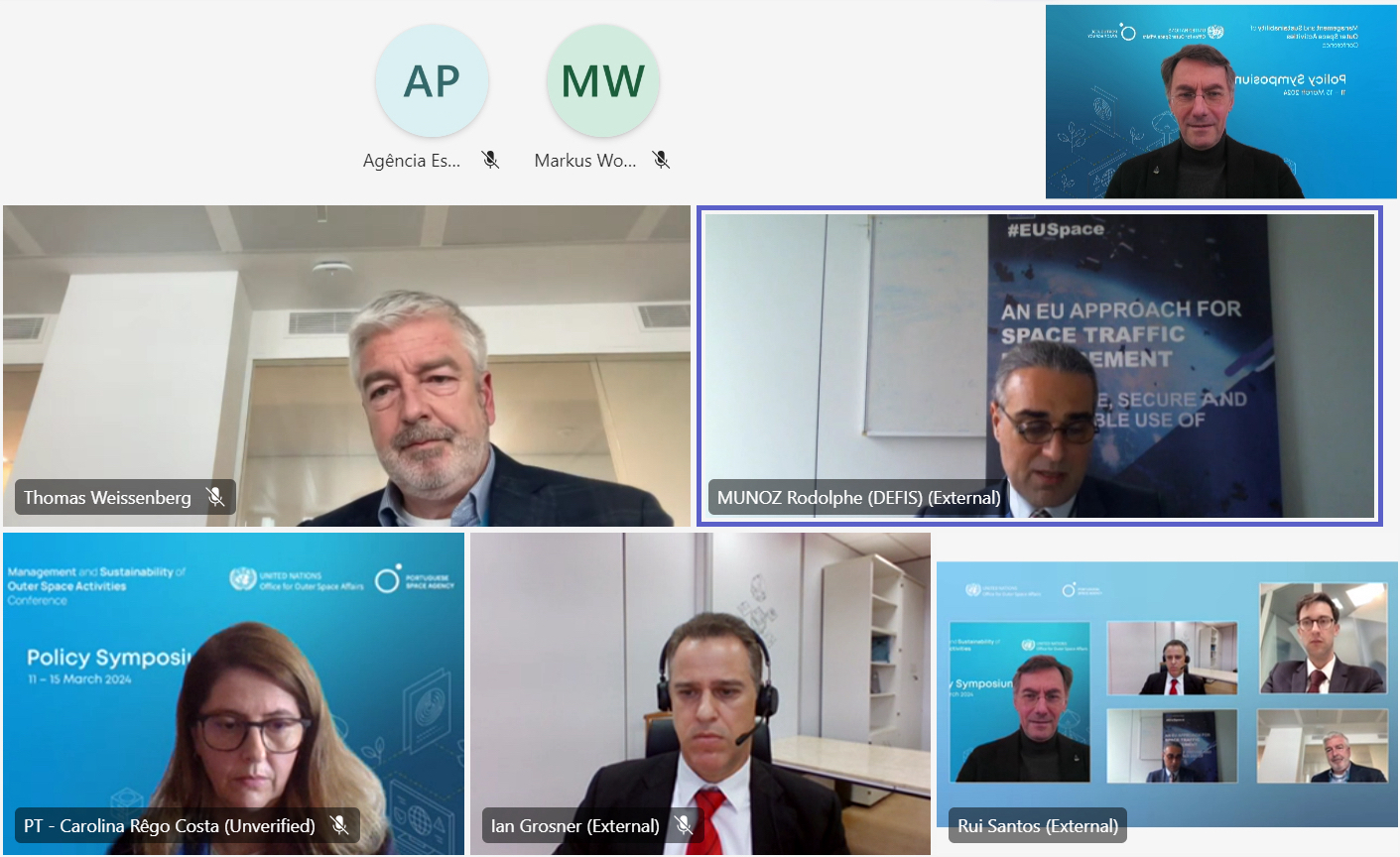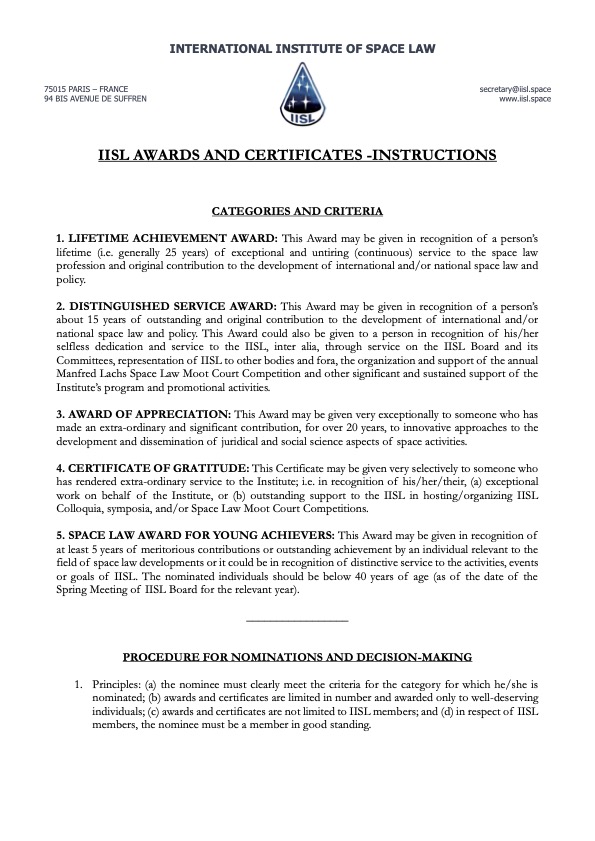2024 IISL/ECSL Annual Symposium on Space Law
Workshop on Capacity-Building in Space Law Overview The 2024 Symposium was held as a side event to the LSC session. A panel of prestigious speakers discussed the following subject: “Capacity-Building in Space Law” on the margins of the 63rd Legal Subcommittee of the UN COPUOS. Please find an abstract and Read more
